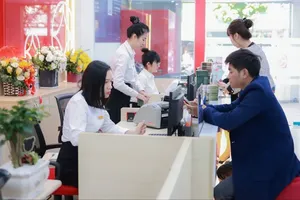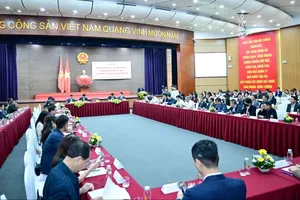
Speaking at the event, VBA Chairman Phan Duc Trung emphasized that the National Assembly’s passage of the Law on Digital Technology Industries and the Government’s issuance of Resolution 05/2025/NQ-CP on piloting the digital asset market have established a new legal framework, enabling Vietnam to proactively experiment with fintech models in a tightly regulated environment.
According to Mr. Pham Duc Trung, this foundation allows businesses and regulators to accumulate data and practical experience, shaping policies aligned with international standards while directly supporting cross-border payment initiatives.
VBA representatives noted that blockchain technology and stablecoins offer Vietnam significant opportunities to overcome bottlenecks in international transactions. Research by McKinsey & Company indicates that cross-border transaction processing costs could be cut by up to 60 percent using blockchain infrastructure instead of the SWIFT network. This underscores the need for commercial banks to embrace new technologies to sharpen competitiveness while safeguarding system security.
Providing further context, Mr. Tran Huyen Dinh, Head of VBA’s Fintech Application Committee and Project Director of Basal Pay at AlphaTrue Solutions, cited estimates that global cross-border payments reached nearly US$200 trillion in 2024 and may climb to $320 trillion by 2032.
Despite surging demand, current infrastructure remains inadequate: SWIFT is slow and costly; Western Union and MoneyGram are faster but charge high, opaque fees; Visa and Mastercard offer convenience yet global costs reach $187 billion annually; and domestic systems like India’s UPI or Brazil’s Pix lower fees domestically but lack global reach.
These limitations highlight the need for a new “railway” for cross-border payments—operating 24/7, with lower costs and greater transparency. Stablecoins, a form of cryptocurrency, are seen as a promising option. In Vietnam’s case, annual remittances of $16–18 billion (equivalent to about 4 percent of GDP), international tourism, and some 500,000 global freelancers together create substantial demand for fast, affordable payment channels.

Mr. Tran Huyen Dinh pointed to solutions like Basal Pay in Da Nang, which converts digital assets into fiat currency in line with international standards at 30 percent lower fees, as testbed models. He stressed that blockchain and stablecoins are not replacements but complements—tools that can reduce costs, enhance security and transparency, and help Vietnam exit the Financial Action Task Force’s (FATF) “grey list” on money laundering.
National Assembly Economic Committee Standing Member Nguyen Hai Nam acknowledged that while a new payment channel presents both opportunities and risks, Vietnam has made legal strides in harmonizing technological innovation with traditional economic activity. Specifically, the newly enacted Law on Digital Technology Industry will soon provide a regulatory framework for emerging fields like blockchain.
In 2024, stablecoins recorded more than $26 trillion in total transaction value across nearly 6 billion transactions, steadily emerging as a complementary payment platform to existing systems constrained by high costs and slow processing. This creates a major opportunity for Vietnam to leverage blockchain, stablecoins, and regulatory sandboxes to accelerate cross-border payment reforms, thereby boosting competitiveness and deepening global financial integration.



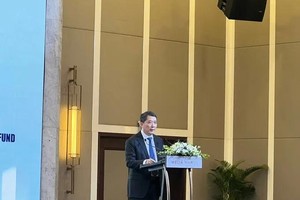
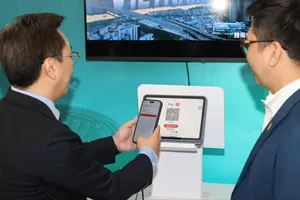



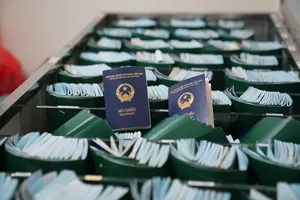



)
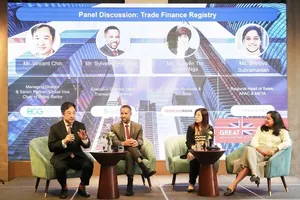
)


